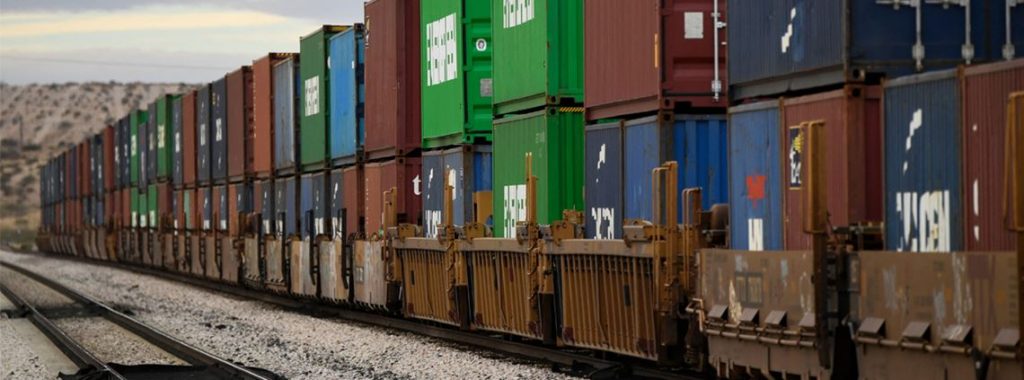Goods worth $65bn ‘locked up’ in supply chains

Delayed shipments, backlogs of containers and a shortage of delivery drivers have left goods worth $65bn “locked up” in the global supply chain, according to a report.
The report, by supply chain data company Quincus and think tank the Centre for Economics and Business Research, said clothes, toys and electronic devices were among items at risk of not arriving in time for Christmas.
The report said the total value of gifts shipped for the holidays in 2021 had dropped 0.1% compared to last year, indicating “hold-ups are already having a dampening effect on the world economy”.
“Ongoing supply chain disruptions that have impacted global trade are the main factors behind this slowdown in growth,” said the report. “These supply issues are particularly pertinent at present and look likely to impact economic activity in the run-up to the Christmas period.”
Katherina Lacey, co-founder and chief product officer at Quincus, said: “This year’s data are worrying on two counts. Firstly, with $65 billion worth of goods locked up in this global supply chain it is clear there is a lot at stake.
“Secondly, the fact that we are not seeing the increase that we would expect from last year’s data indicates that the global supply chain logjam is having a cooling effect on the world economy at a crucial time.”
Jonathan Savoir, Quincus co-founder and CEO, said: “From what we can observe, this slowdown comes as a direct result of the current global supply chain issues that are holding up goods at ports and in warehouses all over the world.”
The report comes as the Bank of England (BoE) announced a rise in interest rates from 0.1% to 0.25% for the first time in more than three years, following ONS figures that showed inflation rose 5.1% in November – the highest rate since September 2011 and against the BoE’s 2% target.
Alex Mutter, MD, head of enterprise sales EMEA at supply chain finance company Taulia, said: “Inflation puts pressure on both businesses and consumers, but companies’ supply chains are particularly affected.
“The additional costs and necessary funding associated with high inflation put stress on working capital and liquidity, and regardless of size of company and industry, nobody is exempt. Right now, companies will need to factor in paying up to twice as much for the same amount of stock of critical goods as normal.”
Suren Thiru, head of economics at the British Chambers of Commerce, called on the government’s Supply Chain Advisory Group and Industry Taskforce –established in October and is chaired by former Tesco CEO Sir David Lewis – to “provide some practical solutions to the supply and labour shortages that are continuing to stoke inflationary pressures”.
“Without real improvement to the situation supply chains are currently facing rising prices will continue to be an issue even with monetary policy responses.”

